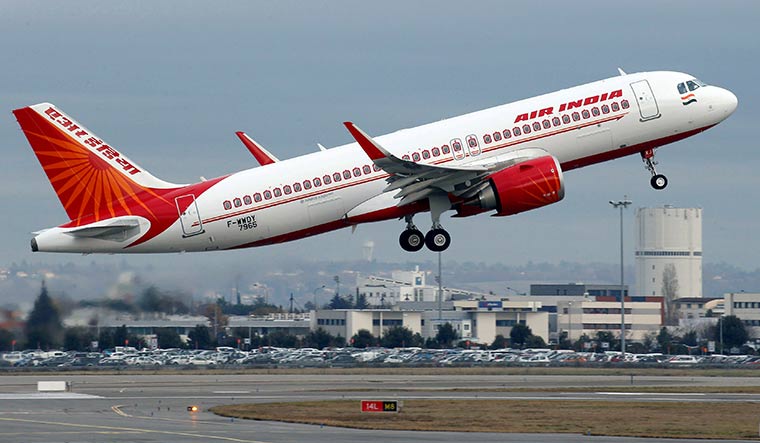With 100 per cent of Air India up for sale along with its profit making subsidiaries Air India Express and AISATS, a good chunk of its debts being paid by the government or hived off into a special purpose vehicle, aviation experts believe the beleaguered national airline could well be a good bargain—for someone with deep pockets, deep patience and who can afford to give it enough time and lavish attention.
The government has made it clear that 2020 will see the Maharaja going private. Already, at least two airlines have approached the civil aviation ministry for the same—Indigo as well as UAE's Etihad. There have also been reports of sovereign and private equity players (PE) as well as high net-worth individuals being interested.
We look at some of the likely suitors, and the possibilities
Prospective bidders from the airline world
Indigo: Air India's big international network (and prime airport slots at leading global airports) will perfectly compliment the massive domestic network Indigo now has (it only has 7 or so international routes presently). But domestic operations will be an issue – Indigo already has almost half of the domestic market and aligning Air India's full service model to its low-cost service could be problematic.
SpiceJet: CEO Ajay Singh is ambitious, and surely has the blessings of the powers-that-be, but would that be enough to successfully take on a gargantuan-sized entity like AI? Also, will he have the deep pockets (and time) to pilot the merged entity through a stressful initial few years post-merger?
Tatas: If the AI sale was a Bollywood film, Ratan Tata would've flown off into the sunset in the last scene after buying back the airline started by his uncle 87 years ago. But losing patience after years of waiting, Tata now already owns not one, but two airlines – Vistara, which can seamlessly grow in the vaccuum left behind by Jet Airways, as well as the low-cost Air Asia India. His head will tell him no, while his heart will tell him yes. What will he listen to?
Emirates/Qatar/Etihad: While most international carriers are struggling to stay afloat, there is a vested interest to grab an Indian airline for the middle-eastern airline behemoths – the biggest chunk of their transit international passengers come from India and grabbing an Indian airline would provide the perfect feeder that can fill up their multitude of 'super jumbo' A380s. Even if the government changes rules to allow a foreign airline to take majority ownership (unlikely), will international air transport regulations permit it?
Now, with Etihad, which earlier owned 24 per cent of Jet Airways, evincing interest, the chances are that either Etihad has an Indian promoter in partnership, or a sovereign or investment fund.
Non-airline
Adanis: For Gautam Adani, sky's the limit. He has already made clear his intentions to become a major aviation player by forming an airport division and snapping up six govt-run airports when they came up for sale last year. Many believe he has the resources (pun unintended) to make a go at the Maharaja.
Vedanta: What's with companies that make their fortunes deep within the earth aiming for the skies? Anil Aggarwal had mulled buying up Jet Airways a few months ago, before deciding against it. That could be well because his eyes are firmly set on a bigger prize up for grabs. (There are speculations that he may be more interested in Bharat Petroleum, which is also set to be privatised soon).
Reliance: Ambanis can buy up AI, clear the debt and turn it around without breaking a sweat (or much loose change), for sure. But would the shrewd business tycoon really want to go into a sector that may be glamorous, but gives razor-thin margins at best?
Naresh Goyal (Jet Airways founder) with an investing partner: Now, this will be a Bollywood potboiler ending to beat all potboiler endings.



